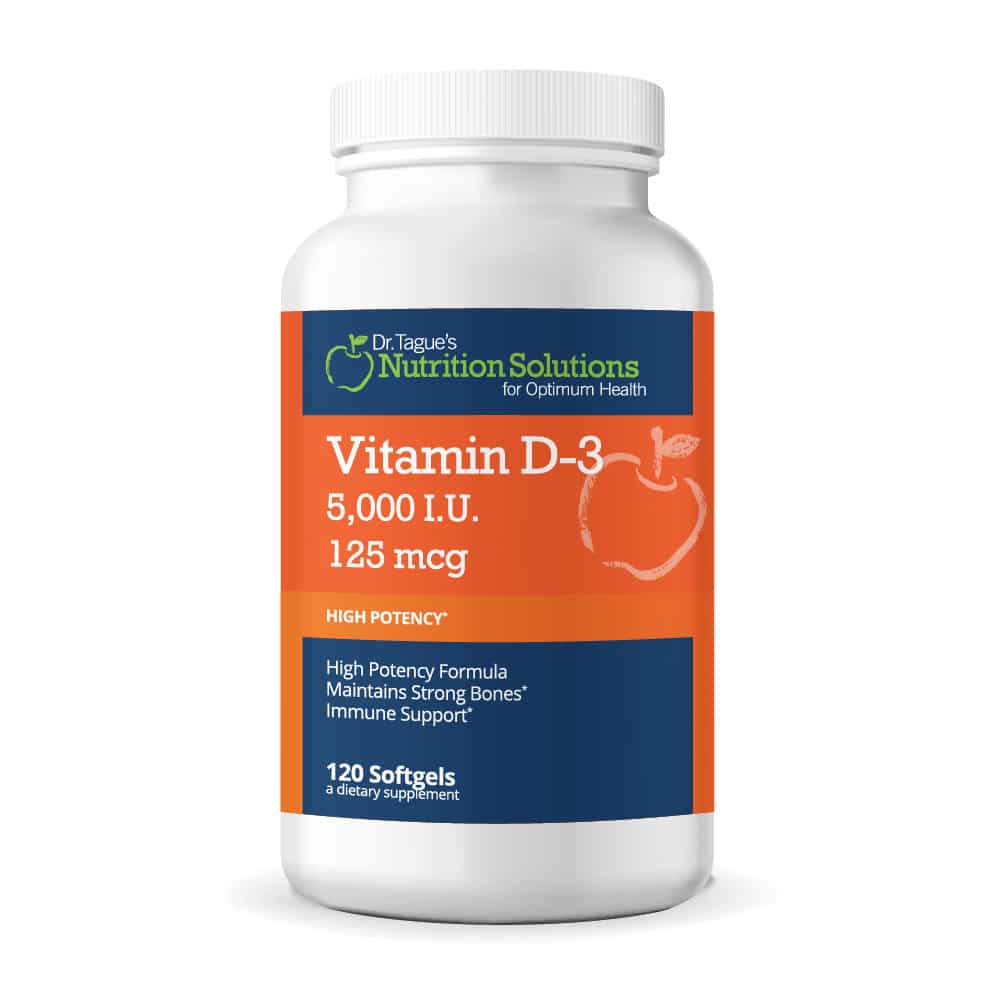Vitamin D, often referred to as the “sunshine vitamin”, has broader health effects than was originally suspected. Vitamin D is nicknamed the “sunshine vitamin” because sunlight starts a chain reaction that produces the vitamin in your skin. 90% of our vitamin D comes from exposure to sunlight. In practice, however, most people in the U.S. get a daily intake from food and sun well below ideal, especially during winter.
For a long time, scientists have said that vitamin D’s main function was to help the body absorb calcium, make strong bones and prevent osteoporosis. But new studies are showing that the vitamin can also help preserve muscle strength, slow aging and aid in the prevention and treatment of several major chronic diseases including cancer, obesity, depression, heart disease, multiple sclerosis, diabetes, and high blood pressure.
Vitamin D has many other health promotion and disease prevention benefits such as aiding in bone and joint health, autoimmune diseases, fibromyalgia, chronic fatigue syndrome, muscle size and strength, diabetes type II, and the metabolic syndrome.






